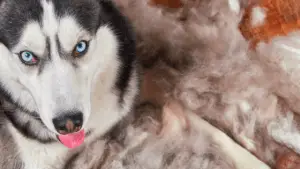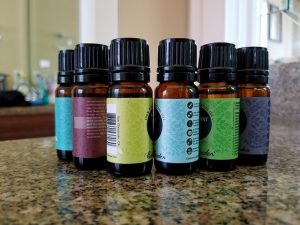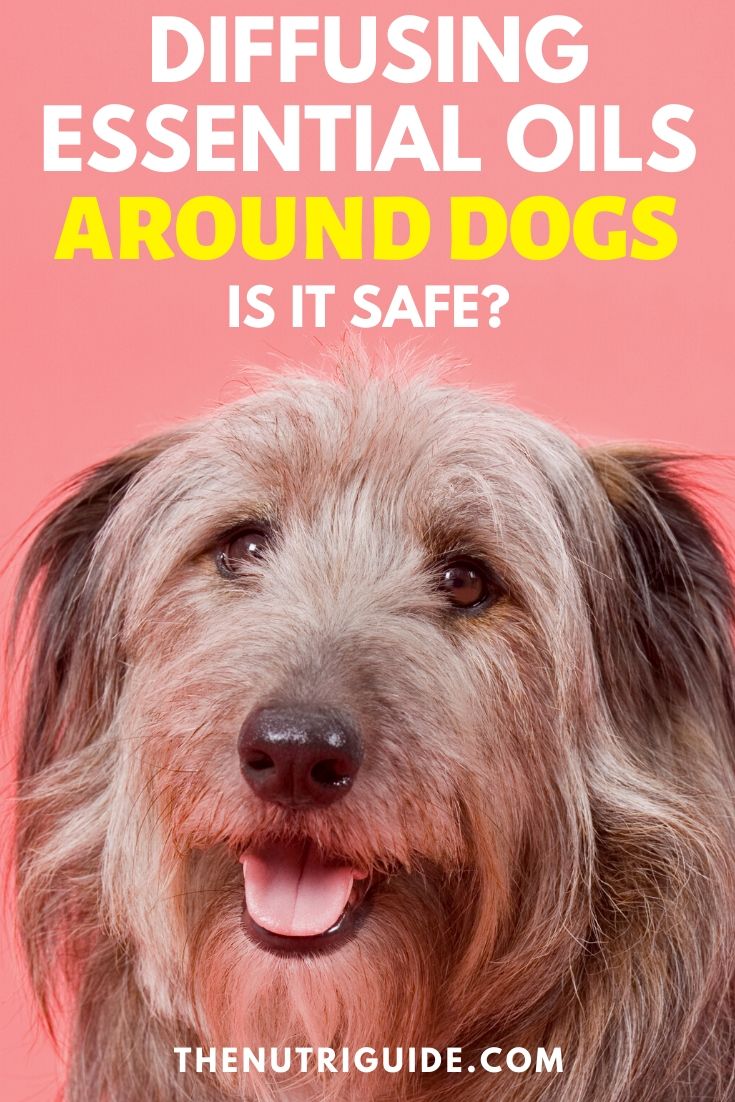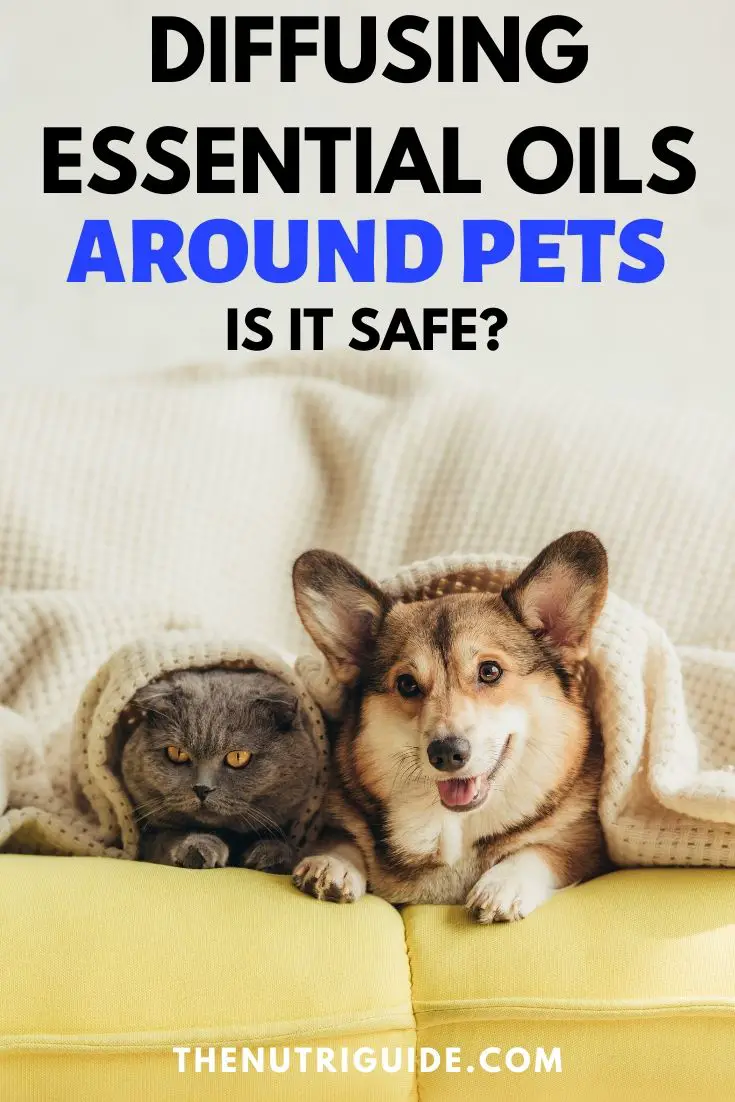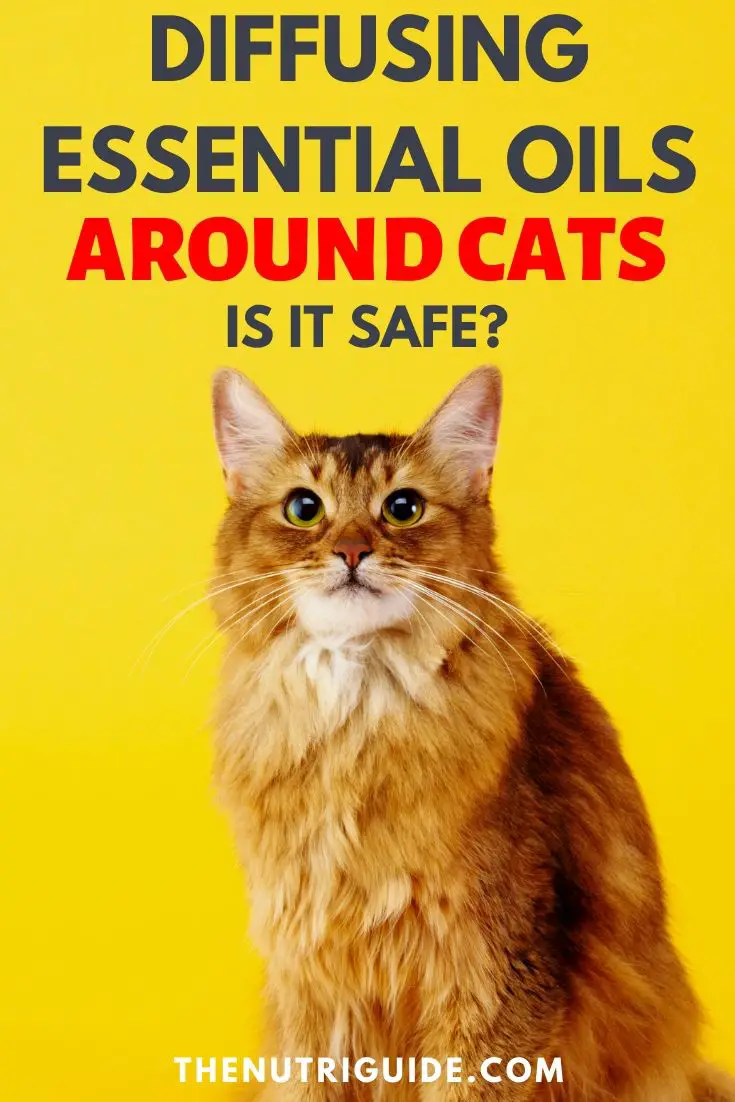Diffusing Essential Oils Around Dogs & Cats
Diffusing Essential Oils Around Dogs & Cats: Is it Safe?

When you buy through links on our site, we may earn an affiliate commission at no additional cost to you (learn more)
Essential oils are becoming ever more popular in this day and age. They are used prolifically and have been found to have innumerable benefits, from helping prevent colds from taking hold in our immune systems to improving the health of our hair. And some of us just use them because they make our homes smell oh so wonderfully.
One of the more popular methods of using essential oils is via the ubiquitous diffuser. Diffusing essential oils allows us to inhale them for their therapeutic effects. While this method of essential oil use poses little to no risk to humans for the most part, we do need to make special considerations for the pets in our lives. Cats and dogs in particular may suffer unnecessarily due to the essential oils we choose to use in our homes.
Metabolic Differences Between Humans and Animals
Because human bodies are so dramatically different from those of cats and dogs, essential oils impact us much differently than they do our pets. Our bodies tend to be much larger, and our organ systems are more complicated and able to handle different loads of various compounds such as those that are found in essential oils.
Compounds in essential oils are often times highly reactive with living beings; this is why essential oils work so well as therapeutic agents for various conditions that occur in the human race. For animals, however, the highly reactive nature of compounds found in essential oils can have detrimental effects on their much smaller bodies.
Essential Oils to Never Use Around Cats and Dogs
For cats and dogs, there are a bevy of essential oils that should not be used around them due to the harmful effects they have. These include:
- thyme
- clove
- cinnamon
- pennyroyal
- wintergreen
- sweet birch
- pine
- ylang ylang
- citrus
- peppermint
- tea tree oil
Cats specifically are also known to be harmed by:
- oregano
- lavender
- eucalyptus
- clove oils
While dogs can be further harmed by:
- anise
- juniper
- yarrow
- garlic oils.
These oils can be dangerous for your cats or dogs whether they are applied directly to their skin, ingested, or diffused around them. Additionally, animals tend to have a much keener sense of smell than we do.
So, while we might think adding a drop or two of lavender oil to their sleeping pillow will help them to relax, it may do just the opposite and stress them out even more. When used improperly around animals, essential oils can cause respiratory issues and effect the nervous system, which can have very negative impacts on your pet.
Store Your Essential Oils in a Safe Place
Avoid using the aforementioned essential oils around your pets at all costs. It is definitely a good idea to double check with your veterinarian as well before using any oil for or around your pets. If there are rooms where your pets do not go, it is okay to diffuse essential oils in those rooms.
However, no matter what oils you are using in your home, be sure to store them in a safe location where your pets will not be able to get to them. Consider storing them in a container up high on a shelf or in a cabinet, or in a closet or room where your pet is unlikely to go. Ingesting these oils can lead to gastrointestinal issues for your pet and can have a particularly negative effect on small, old, or young pets and any pets with liver problems.
Signs of Essential Oil Toxicity

If you are unsure if your pet has been negatively exposed to essential oils, there are some symptoms you can look for. Pay attention to any changes in behavior such as walking abnormally, being more tired, exhibiting signs of weakness, personality changes, or having muscle tremors.
Other signs of toxicity can include increased drooling, vomiting, sores or burns in and around their mouth, and/or difficulty breathing. If a beloved pet does by some chance get into your stash of essential oils and ingests any of them, or if you suspect that they may have done so based on symptoms you are observing, give poison control a call or bring your pet to the veterinarian. Be sure to name the essential oils that you believe your pet has ingested to whichever authority you are consulting.
Use Essential Oils with Caution Around Your Pets
Essential oils can be so useful in our households. Whether we are using them in homemade cleaning products, applying them to our own skin, or diffusing them throughout our homes, they can bring many benefits to ourselves.
However, if we have pets, we must consider the negative impact they can have on our beloved friends. Because the biology of cats and dogs are so unique, their bodies metabolize and react with essential oils much more differently than do our own. For this reason, we must be attuned to which essential oils we are using throughout our homes.
Consult with your veterinarian before using any essential oils in areas of your home where pets frequent and avoid the use of the above-mentioned oils altogether around your pets.

